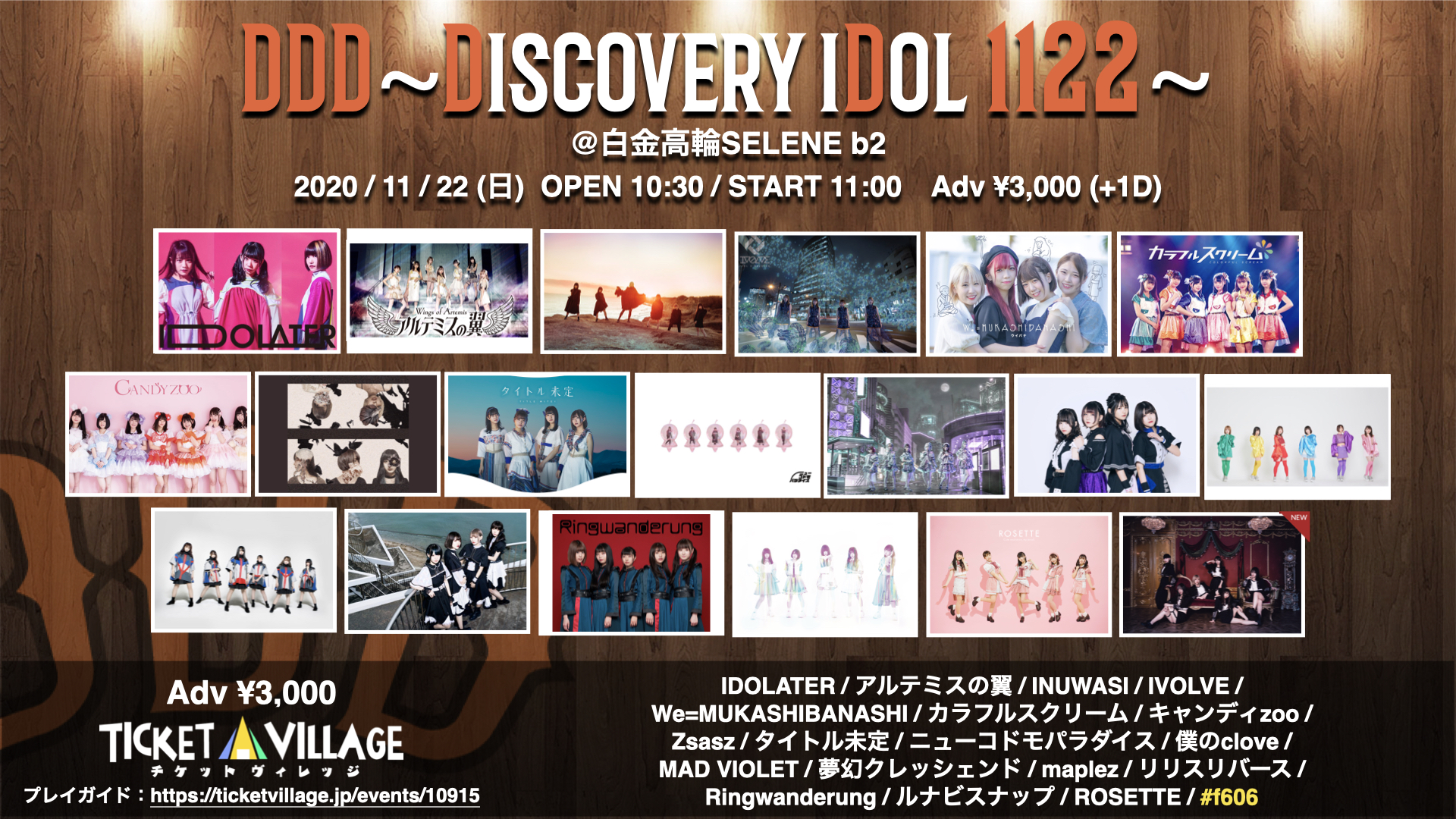

“We create an indexed and manageable environment with set retention policies and disposition schedules to manage large data volumes,” states Wallack.

Managing massive data archives and improving data economics is imperative in the eDiscovery landscape. NightOwl offers high-level expertise on collection tools and enables firms to obtain higher levels of return on investment. She asserts, “NightOwl, as a single source partner, manages risks associated with collecting information from disparate sources and providing data to multitudes of requesting parties.” Out of all the daunting challenges, CEO Andrea Wallack believes security and privacy arethe primary and growing concerns in the eDiscovery market. The company empowers their clients with enhanced security by successfully delivering data loss prevention systems, file integrity management, single use passwords and encryption in transport and at rest. Minneapolis-based NightOwl Discovery has the global competence to ease things out.

From unfamiliar technologies and data privacy regulations to massive volumes and security concerns of data, the challenges are staggering. Susanna Blancke hopes that the worldwide discovery community will learn from each other and that that tools will become available which will rule out data protection concerns.Andrea Wallack, CEO The intricacies of eDiscovery often overcome the dexterity, experience, and assets of litigation support teams. That may change, partly because of the global ambit of the GDPR, but partly also because US states – California with its California Consumer Privacy Act is the most advanced example – embrace principles similar to those in the GDPR. One of the differences in the EU is the importance of privacy concerns which have not hitherto been a big feature of US discovery. This has obvious advantages for budgets and for review speeds.

Lawyers in Europe will be able to get in at a very high level. Susanna Blancke sees Europe as having the advantage of capitalising on a decade of serious eDiscovery development in the US resulting in highly-developed review tools. There are, of course, jurisdictional differences between eDiscovery projects – between the US and elsewhere and between the EU and the rest of the EU. There are certain things which machine translation will not get – there are examples, especially in Asian languages, where the position of the word in a sentence makes a difference to the meaning. Technology is getting better, but it is not eliminating the role of humans. The main development, she said, was the development of machine translation which would eventually mean that humans needed only to look at the final output for quality control purposes and not at all the documents in the dataset. I asked Susanna Blancke what is the future of multi-language discovery. The staffing might therefore be completely different between two projects. They also need subject matter expertise – in finance or life science or whatever the case was about – with the language skills on top. It is not enough, Susanna Blancke said, merely to have skilled linguists.


 0 kommentar(er)
0 kommentar(er)
